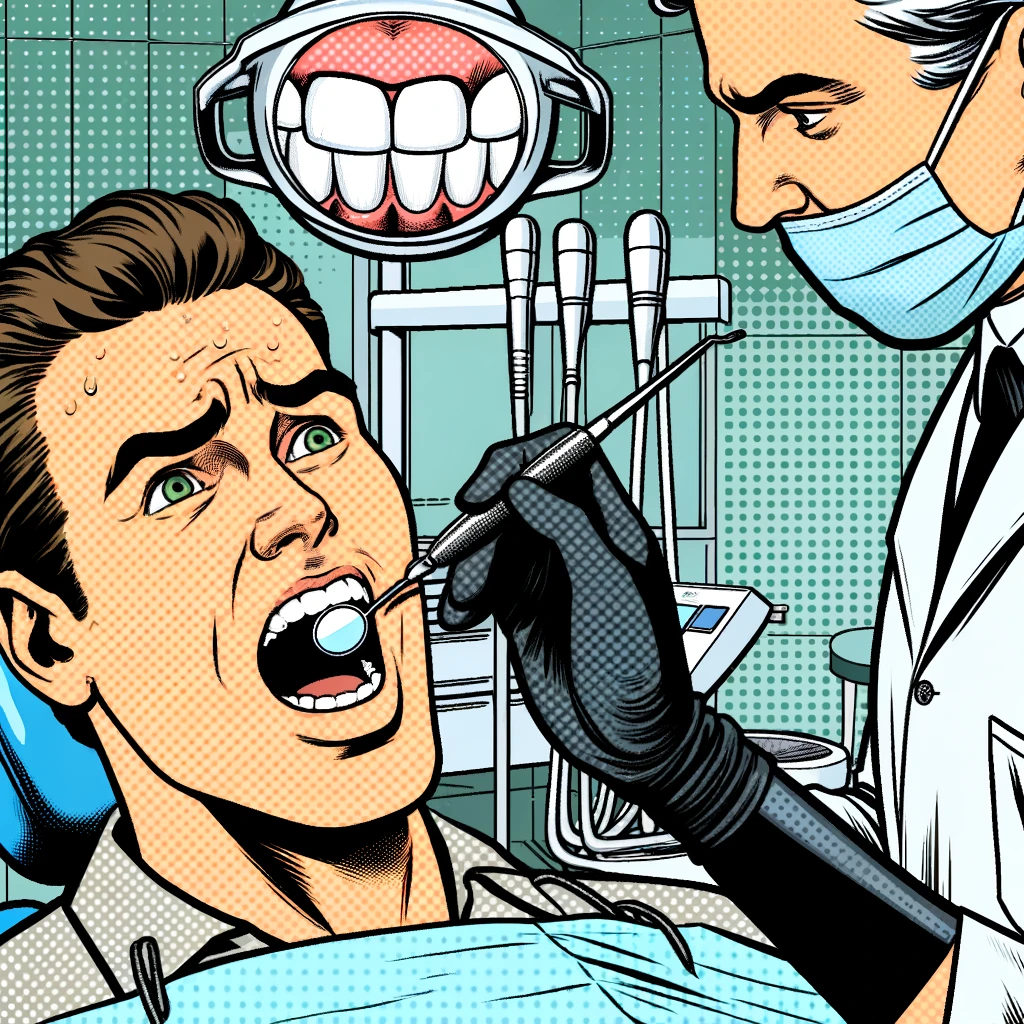
You know that feeling when you bite down on something hard and suddenly your tooth sends a sharp pain shooting through your jaw? Most of the time, tooth pain comes and goes, and we just deal with it until our next dentist appointment. But sometimes, waiting isn’t an option. Some tooth problems are genuinely urgent and need immediate attention from a dental professional.
Understanding the difference between regular tooth discomfort and a true dental emergency can save your tooth, prevent serious complications, and sometimes even protect your overall health. The truth is, your mouth is connected to the rest of your body in ways that might surprise you, and what starts as a simple toothache can quickly become something much more serious.
When Pain Means Danger
Severe, constant tooth pain that doesn’t go away with over-the-counter pain medication is often the first sign that something serious is happening. This isn’t the kind of mild discomfort you might feel after eating something cold or sweet. We’re talking about throbbing, intense pain that keeps you awake at night and makes it hard to concentrate on anything else.
This type of pain usually means there’s an infection deep inside your tooth, in the area called the pulp where all the nerves and blood vessels live. When bacteria get into this space, they multiply quickly and create pressure that has nowhere to go. The result is excruciating pain that will only get worse without professional treatment.
If you’re dealing with this kind of severe pain, especially in areas around Perth, seeking help from an Emergency Dentist in Cannington or your local area becomes essential. The infection won’t resolve on its own, and delaying treatment can lead to the infection spreading to other parts of your face, neck, or even your bloodstream.
Signs Your Tooth Emergency Can’t Wait
Sometimes dental emergencies don’t announce themselves with obvious pain. Swelling around your face, jaw, or gums is another red flag that demands immediate attention. When your immune system is fighting a dental infection, the affected area often swells up as your body sends extra blood and immune cells to battle the bacteria.
Facial swelling from a tooth infection is particularly concerning because it can spread quickly. What starts as slight puffiness around one tooth can progress to swelling that affects your entire cheek, makes it difficult to open your mouth, or even impacts your ability to swallow. These symptoms indicate that the infection is moving beyond just your tooth and into the surrounding tissues.
A knocked-out tooth is another clear emergency that requires immediate action. Whether it happens during sports, an accident, or just bad luck with a hard piece of food, time is critical. The sooner a dentist can get that tooth back where it belongs, the better the chances it will survive and continue to function normally.
Why Waiting Makes Things Worse
You might think you can just deal with the pain until your regular dentist has an opening next week or next month. That’s actually a pretty risky bet. Tooth infections are sneaky – they don’t stay contained to just that one tooth that’s bothering you.
The bacteria causing all that pain and swelling can actually get into your bloodstream and travel to other parts of your body. This sounds scary because it really is. Some people end up in the hospital because they waited too long to get their tooth problem treated.
When the infection moves into your jawbone, it creates a condition that doctors call osteomyelitis. Your jaw can get really damaged, and it becomes much harder to fix. Some dental infections can even reach your brain or heart, which turns your tooth problem into a much bigger medical emergency.
Those painful bumps that sometimes form near infected teeth are called abscesses – basically pockets full of infection. If you leave them alone, they can actually start destroying the bone that holds your teeth in place. What could have been fixed with a root canal suddenly becomes a situation where you might lose the tooth completely and need surgery to repair your jaw.
What Happens During Emergency Treatment
When you finally make it to emergency dental care, the dentist’s first priority is getting your pain under control and stopping any infection from spreading further. This usually involves draining any abscesses, cleaning out infected tissue, and starting you on antibiotics if the infection has spread beyond just the tooth.
Emergency dental treatment focuses on stabilizing the situation rather than providing perfect cosmetic results. The goal is to eliminate pain, control infection, and preserve as much of your natural tooth structure as possible. More extensive restoration work can often wait until the emergency situation is resolved.
Pain management is also a crucial part of emergency dental care. Dentists have access to stronger pain medications and numbing techniques that can provide relief when over-the-counter options aren’t working. They can also identify and treat the underlying cause of the pain rather than just masking the symptoms.
Prevention Still Wins
While knowing how to handle dental emergencies is important, preventing them in the first place is always better. Regular dental checkups allow your dentist to catch small problems before they become painful emergencies. A tiny cavity that could be fixed with a simple filling can turn into a root canal emergency if it’s ignored long enough.
Good daily oral hygiene remains your best defense against dental emergencies. Brushing twice a day, flossing regularly, and avoiding habits that can damage your teeth all help prevent the problems that turn into urgent situations.
The key takeaway here is simple: trust your instincts about dental pain. If something feels seriously wrong in your mouth, don’t wait and hope it gets better on its own. Dental emergencies rarely resolve without professional treatment, and the sooner you get help, the better your chances of saving your tooth and avoiding more serious complications. Your future self will thank you for taking quick action when your teeth are trying to tell you something important.
